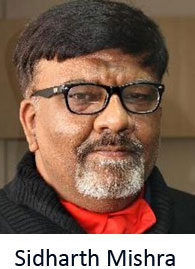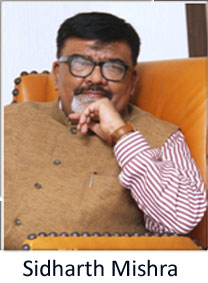Today marks the 100th anniversary of one the goriest episodes in human history and the darkest chapter of the British rule in India when an unarmed peaceful gathering of thousands of people was fired upon at Jallianwala Bagh on the instructions of General Reginald Dyer, leaving several hundreds dead and many more wounded.
It was Baisakhi on April 13, 1919, and the thousands who assembled, including children and women at Jallianwala Bagh, were apparently unaware of the restrictions imposed on such gatherings. Without any warning, the gathering was fired upon, which continued for 10 minutes and till the ammunition was exhausted.
The genocide shocked the entire world and marked a turning point in India’s freedom struggle by creating an upsurge of nationalist sentiments across the country. Deeply anguished by the British brutality, Gurudev Rabindranth Tagore addressed a letter to Lord Chelmsford, the Viceroy of India, renouncing the Knighthood conferred upon him.





